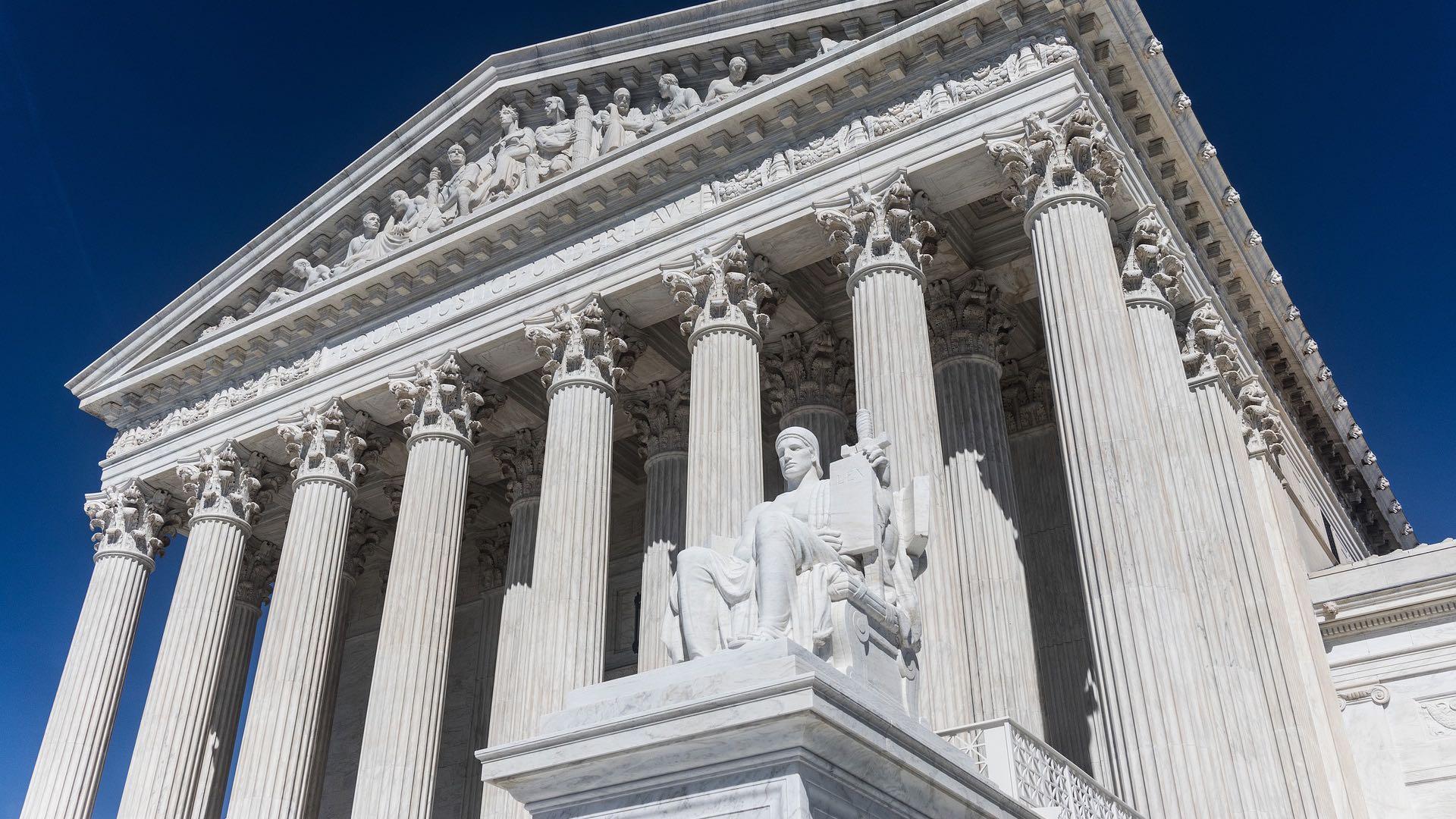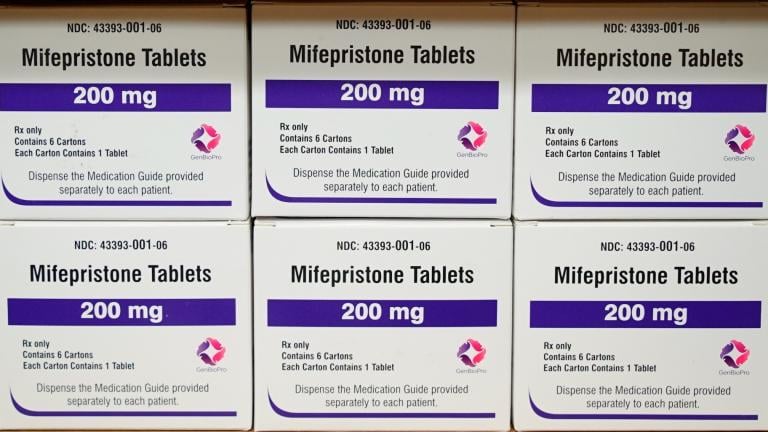 (Mark Thomas / Pixabay)
(Mark Thomas / Pixabay)
The U.S. Supreme Court heard oral arguments this week in Sackett v. EPA, which challenges the scope of the Clean Water Act and could have far-reaching implications for the nation's wetlands.
It's a case that largely hinges on semantics, specifically the definition of a "wetland" and how to interpret the word "adjacent."
Here's a breakdown of the case and what's at stake.
Who are the Sacketts and what do they want?
Michael and Chantell Sackett own property in Idaho, a portion of which has been deemed a wetland. To develop the land would require a federal Clean Water Act permit, which typically carries various restrictions. The Sacketts have been arguing, for more than a decade, that "wetland" has been too loosely applied to their property.
Their case has been taken up by the Pacific Legal Foundation, a libertarian organization that champions property rights and whose funders include the Koch brothers.
Why does this case matter?
As far as environmentalists are concerned, the court's decision to hear the case is "not a good sign," said Scott Strand, senior attorney with the Environmental Law & Policy Center. (The center joined an amicus brief filed in the case, which are filed by individuals or groups with an interest in a suit, but not party to it.)
In the Sacketts' view, "wetland" should only mean land continually full of water, contiguous to a stream or river, Strand explained. If the court agrees, "very few" wetlands would meet that test, except for those right on the banks of a body of water, he said.
Wetlands no longer protected by regulations would be under pressure from developers and difficult to preserve, Strand said. "It would be really tempting for developers to bring in the (land)fill."
What is the Supreme Court considering?
When it comes to wetlands, the language contained in the Clean Water Act has always been murky, placing "navigable waters" and "waters of the United States" under the federal jurisdiction of the act.
For the past decade, the EPA and Army Corps of Engineers have been applying a previously established test of "adjacency" to determine a wetland, meaning the land is near a body of water but doesn't have to be touching it.
"The science all moves in one direction, and it tells us wetlands and waterways are more connected than we thought," even if that connection isn't readily apparent, Strand said.
The Sacketts disagree, and say federal agencies' interpretation has been too broad.
Here's an excerpt from the oral arguments (the full transcript is available online).
Justice Ketanji Brown Jackson, speaking to Damien Schiff, the Sacketts' attorney: You say the question is which wetlands are covered, which I agree with, but I guess my question is, why would Congress draw the coverage line between abutting wetlands and neighboring wetlands when the objective of the statute is to ensure the chemical, physical, and biological integrity of the nation's waters? So are you saying that neighboring wetlands can't impact the quality of navigable waters?
Schiff: Justice Jackson, not at all. However, it's also important to acknowledge that Congress was balancing concerns here. On the one hand, there is a water quality issue. But, on the other hand, there's a very important federalism issue, so important that actually Congress put in the text of the Act that one of the purposes of the Act is to preserve traditional state authority over land and water resources.
What happens next?
The Supreme Court's term runs through summer. Strand doesn't anticipate the justices will wait that long to announce a decision, but instead are likely to hand down their ruling in early 2023.
Prior to Monday's arguments, Strand said the conventional wisdom had the judges voting 6 to 3 in favor of the Sacketts. But during the session, Justices Brett Kavanaugh and Amy Coney Barrett both seemed skeptical of Schiff's position.
The court could come up with a compromise or the justices could refer the matter to agencies such as the EPA and direct them to clarify the language in the Clean Water Act.
"Or it could be 6-3," Strand said. "We will see."
If the court rules in favor of the Sacketts, to the fullest extent possible, some states have trigger laws at the ready to redefine wetlands, he said, and other states will respond by codifying protections.
"I hate to get into 'red, blue' comparisons, but it's kind of like that," Strand said.
Still, economic consequences could give states pause as they respond to the Sackett ruling, he added. Flood damage is real and clean water is expensive, Strand said, and eliminating wetlands also destroys the ecosystem services they provide, namely filtering water and sponging up flood waters.
“The science is clear that protecting upstream wetlands and tributaries is critical for protecting downstream lakes and rivers, including the Great Lakes. We all depend on safe clean water for drinking, fishing and recreation," Strand said. “We hope the court will give the Clean Water Act and science the respect they deserve."
Contact Patty Wetli: @pattywetli | (773) 509-5623 | [email protected]








